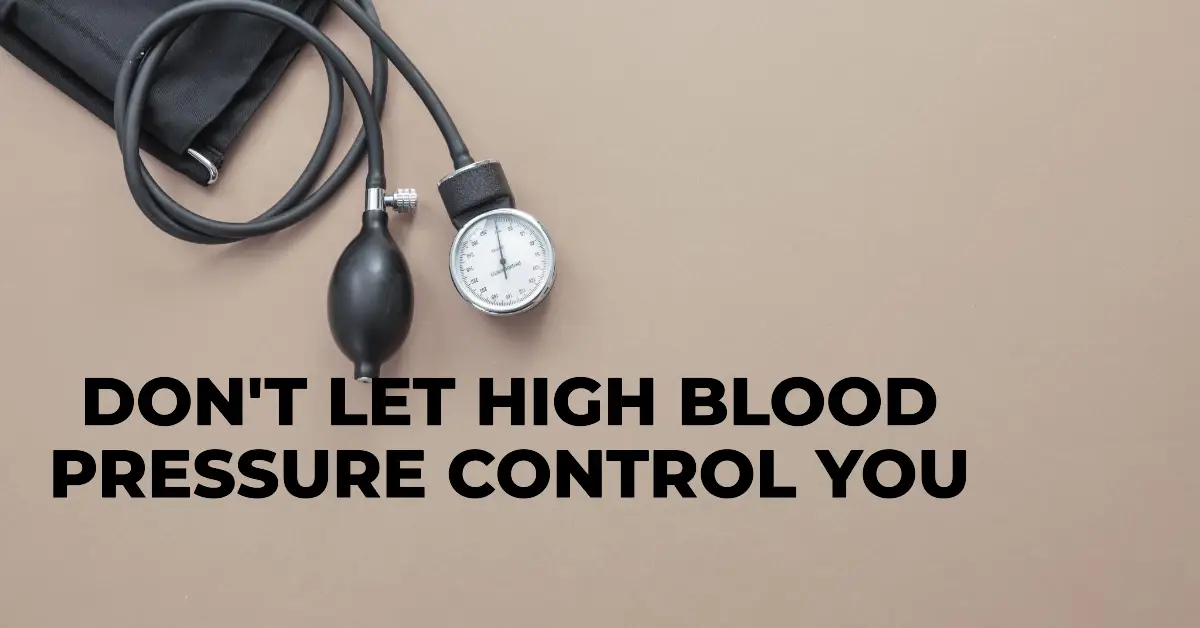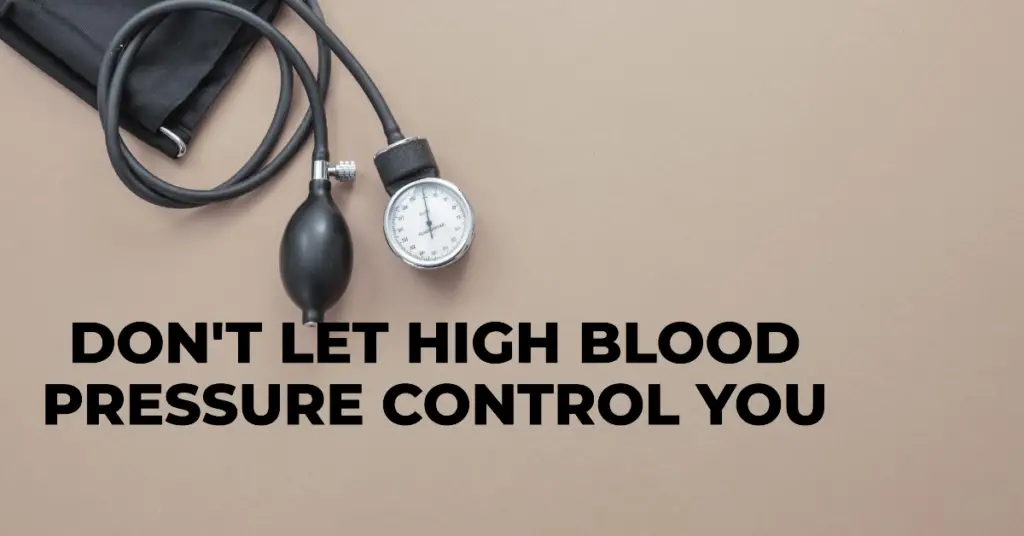
Introduction
Blood pressure is the force of blood pushing against the walls of your arteries. It’s measured in two numbers: systolic blood pressure (the top number) and diastolic blood pressure (the bottom number). Normal blood pressure is considered to be below 120/80 mmHg.

Does blood pressure rise after eating?
Yes, blood pressure can rise after eating. This is because your body diverts blood flow to your digestive system to help with digestion. This can cause a temporary decrease in blood pressure elsewhere in the body. To compensate, blood vessels outside of the digestive system constrict, causing the heart to beat faster and more forcefully. This helps maintain healthy blood pressure throughout the body.
What foods can cause blood pressure to rise after eating?
Some foods that can cause blood pressure to rise after eating include:
- Salty foods. Salt can make your body retain water, which can increase blood pressure.
- High-fat foods. High-fat foods can increase inflammation, which can also raise blood pressure.
- Sugary foods. Sugar can cause your blood sugar to spike, which can lead to a temporary rise in blood pressure.
- Alcohol. Alcohol can relax your blood vessels, which can cause blood pressure to drop. However, it can also raise blood pressure in the long term.
How to prevent blood pressure from rising after eating
There are a few things you can do to prevent blood pressure from rising after eating:
- Eat a healthy diet. This means eating plenty of fruits, vegetables, and whole grains. It also means limiting your intake of processed foods, sugary drinks, and unhealthy fats.
- Lose weight. If you’re overweight or obese, losing even a small amount of weight can help lower your blood pressure.
- Exercise regularly. Exercise helps to keep your blood vessels healthy and can help lower blood pressure.
- Manage stress. Stress can raise blood pressure, so it’s important to find ways to manage stress in your life.
Conclusion
Blood pressure can rise after eating, but there are things you can do to prevent this. By eating a healthy diet, losing weight, exercising regularly, and managing stress, you can help keep your blood pressure under control.




